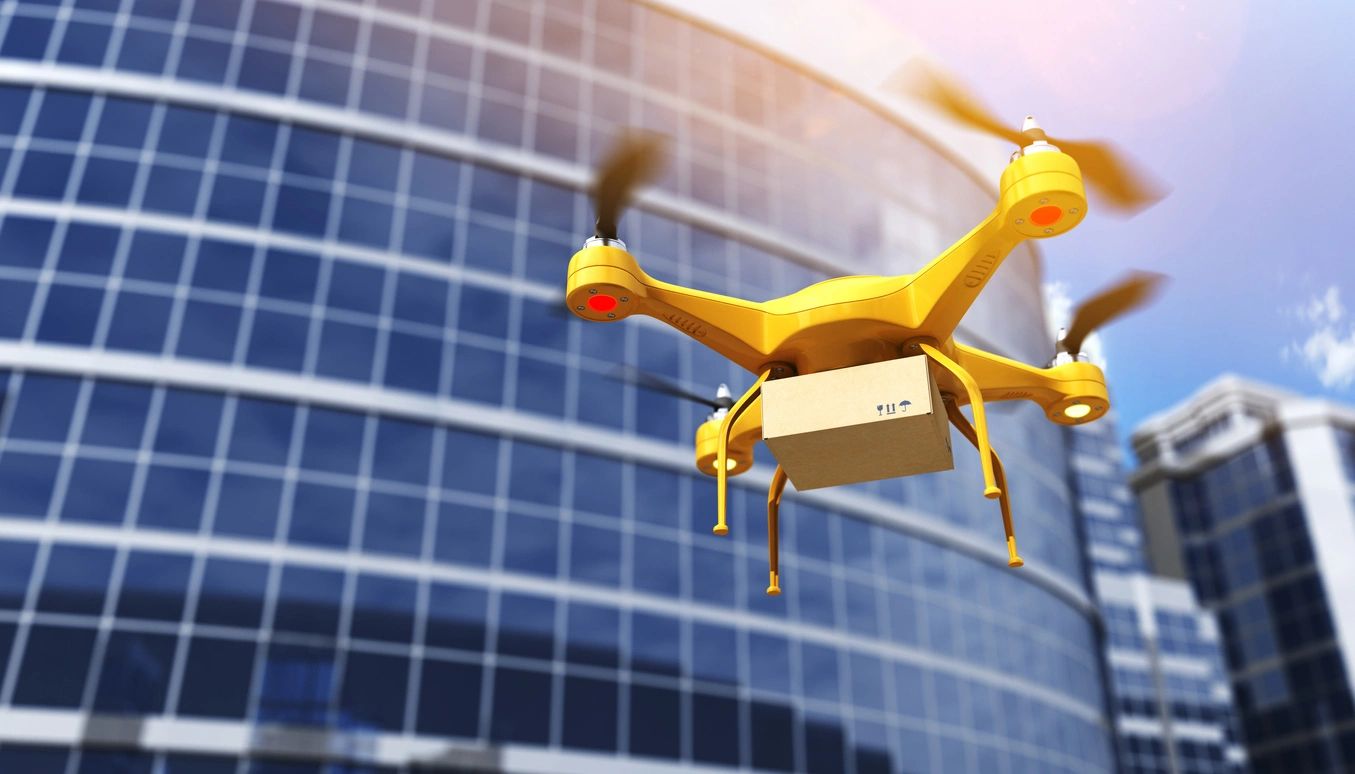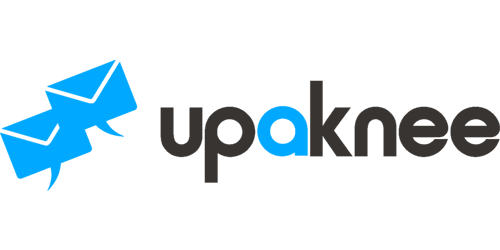
Revolutionizing Email Marketing: The Impact of Automations and Journey Builders on Customer Behavior
Revolutionizing Email Marketing: The Impact of Automations and Journey Builders on Customer Behavior
In the ever-evolving landscape of digital marketing, leveraging the power of email marketing has proven to be a game-changer for businesses seeking to influence customer behavior and achieve remarkable results. This case study dives into how a forward-thinking company harnessed automations and journey builders as vital components of their email marketing strategy, ultimately leading to transformative effects on customer behavior and business outcomes.
The Challenge: Influence Customer Behavior Effectively
Our subject, a thriving online retailer specializing in fitness equipment and accessories, faced a familiar challenge: influencing customer behavior to drive repeat purchases and foster brand loyalty. The company sought innovative ways to engage customers beyond the initial purchase, create personalized experiences, and guide them through the entire customer journey.
The challenge was to achieve this effectively and at scale.
The Solution: Implementing Automations and Journey Builders
Recognizing the need for a robust email marketing strategy that could nurture customer relationships and influence behavior, the company turned to the power of automations and journey builders. These tools allowed them to create highly personalized and automated email campaigns that catered to individual customer needs and preferences.
Step 1: Building Automated Customer Journeys
The first step in their strategy was to define customer journeys and map out the various touchpoints a customer might encounter. This included post-purchase follow-ups, onboarding sequences for new customers, and re-engagement campaigns for dormant subscribers. They utilized journey builder tools to visualize these paths and automate communication at every stage.
Step 2: Personalized Content and Recommendations
With journey builders in place, the company focused on creating personalized content that resonated with each customer’s preferences and behaviors. They implemented recommendation engines that analyzed previous purchases and browsing history to suggest relevant products and accessories. By delivering tailored recommendations, they aimed to increase cross-sell and upsell opportunities.
Step 3: Trigger-Based Communications
Incorporating automation into their email marketing strategy allowed the company to send trigger-based emails in response to specific customer actions. For instance, if a customer abandoned their shopping cart, an automated email would be triggered, encouraging them to complete their purchase. These timely and relevant messages had a profound impact on conversion rates.
The Results: Remarkable Shifts in Customer Behavior
The implementation of automations and journey builders yielded significant results:
1. Increased Customer Engagement: Customers who received automated, personalized emails were 45% more likely to open and engage with these messages. This heightened engagement fostered a deeper connection between customers and the brand.
2. Boosted Repeat Purchases: The recommendation engines integrated into email campaigns led to a 25% increase in repeat purchases. Customers were more inclined to explore and purchase complementary products based on personalized suggestions.
3. Enhanced Customer Loyalty: Trigger-based communications and follow-up sequences helped to nurture customer loyalty. The company experienced a 20% increase in customer retention, with more customers making multiple purchases over time.
4. Streamlined Marketing Efforts: The automation of routine tasks and customer journey management streamlined the marketing efforts. This allowed the marketing team to focus on strategic initiatives and creative content development.
Conclusion: The Power of Automation in Email Marketing
This case study exemplifies how automations and journey builders can revolutionize email marketing strategies, profoundly impacting customer behavior and business outcomes. By implementing automated customer journeys, delivering personalized content, and triggering communications based on customer actions, the company not only engaged customers more effectively but also achieved impressive growth and loyalty.
For businesses seeking to optimize their email marketing efforts, the lesson is clear: automation and journey builders are indispensable tools. They enable brands to create personalized and seamless customer experiences, influence behavior positively, and ultimately drive remarkable results in the competitive landscape of digital marketing. By combining automation with creativity, businesses can connect with their customers in a meaningful way, guiding them along a path that leads to lasting loyalty and success.

